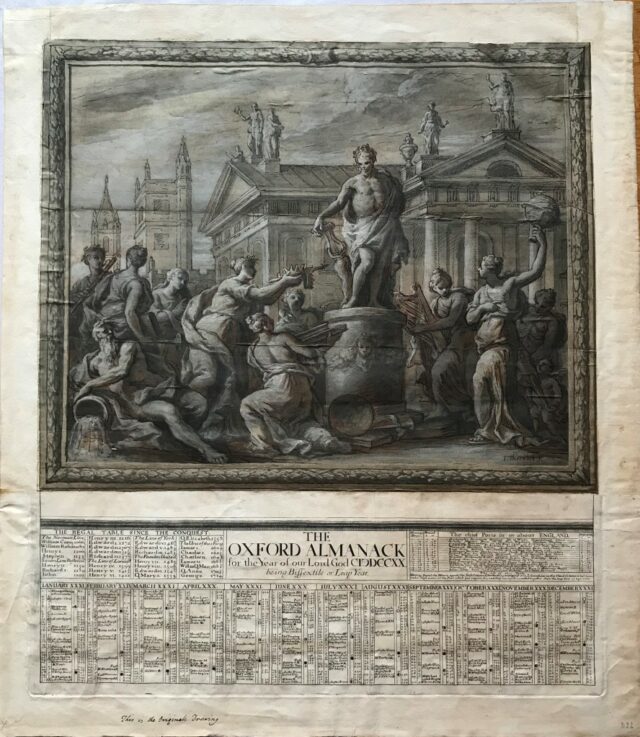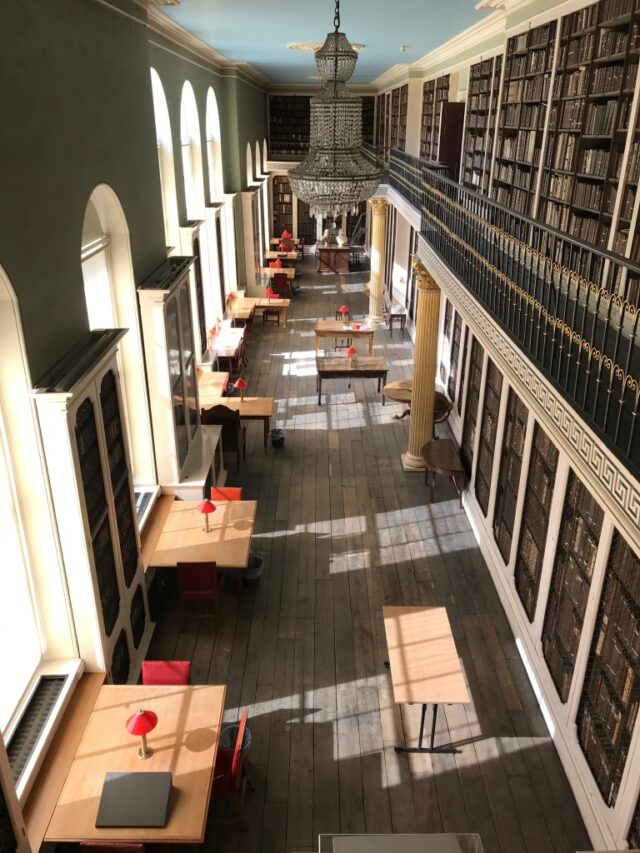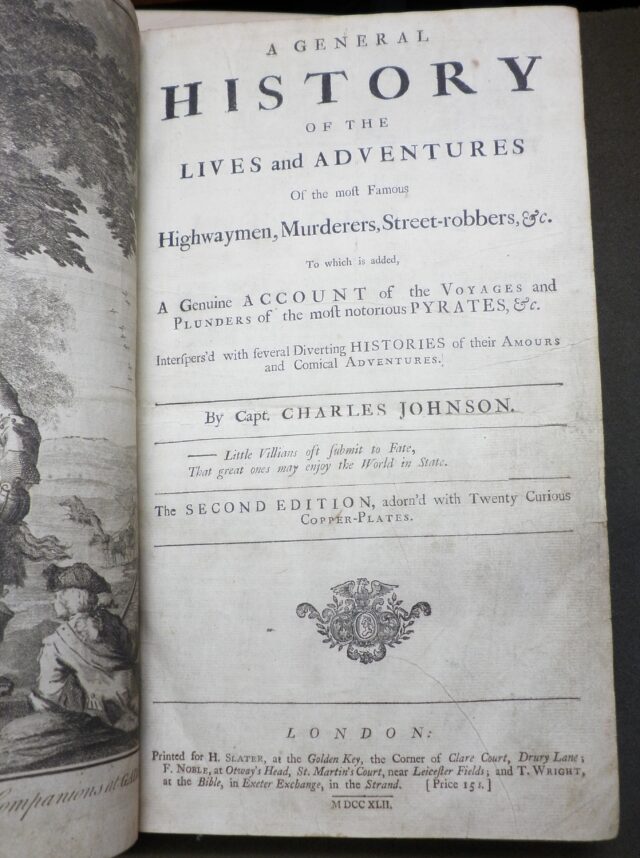‘In Gratefull remembrance…’
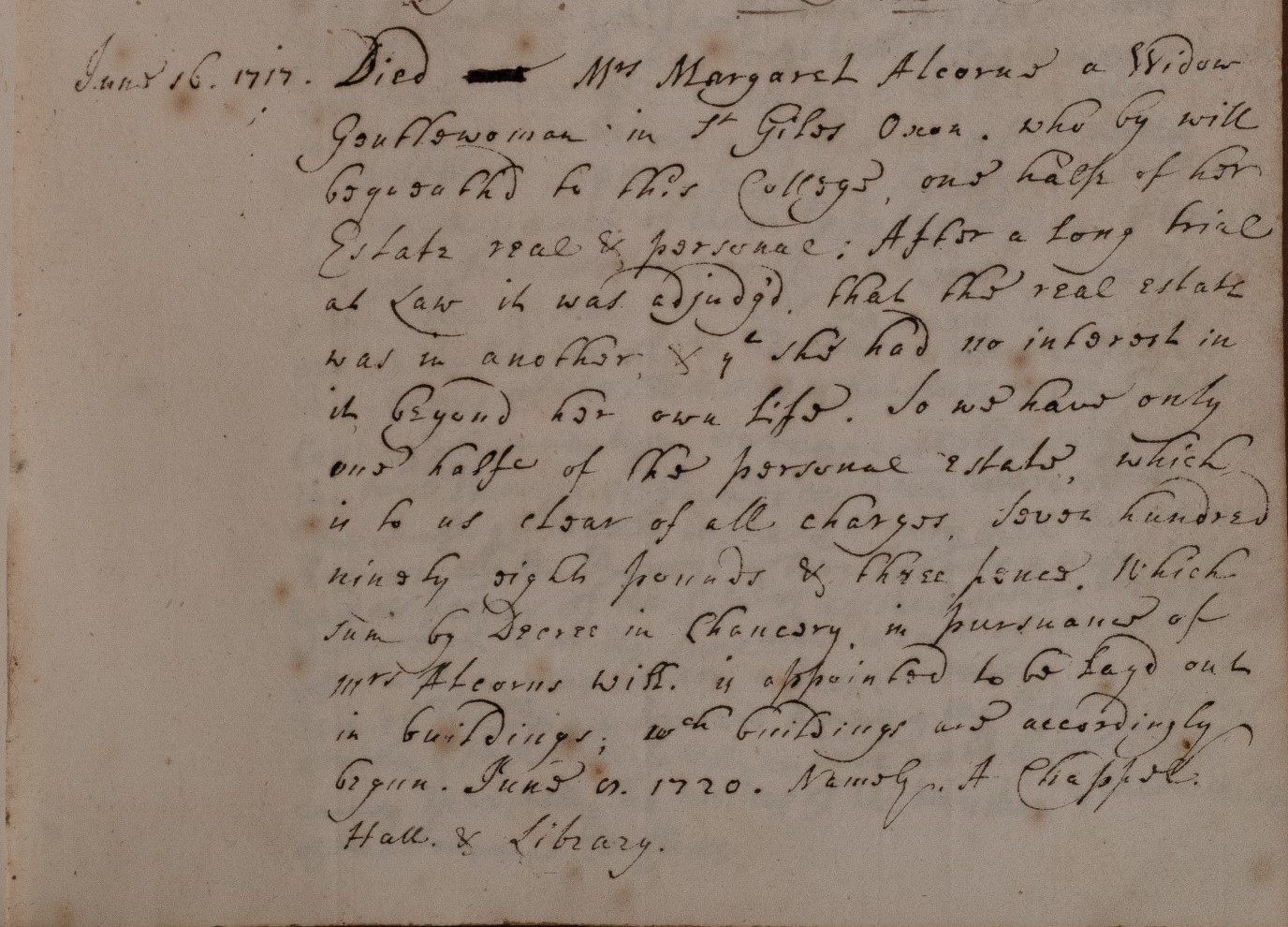
16th June 2017
‘In Gratefull remembrance…’
Benefactors’ Book 1714-1745 (WOR/BEN 1/1)
On 16 June 1717 a “widow gentlewoman” named Margaret Alchorne died in her house in St Giles’, Oxford. On this day exactly three hundred years later it seems likely that she would have been entirely forgotten had she not bequeathed half of her estate to the newly founded Worcester College. Even with that benefaction very little relating to her life is preserved in the College Archives: we do not know the motivation behind her bequest, or how she knew the first provost, Richard Blechinden, who acted as her executor. Not only does the College not own a portrait of her but also her name is recorded without the ‘h’ with which she always signed it, and unfortunately this mistake has been faithfully copied in subsequent College histories. However, members of the College have nevertheless gratefully remembered her gift since her death because it is recorded in the first benefactors’ book.

Entry in the Benefactors’ Book relating to the benefaction of Margaret Alchorne

Signature of Margaret Alchorne on her Marriage Settlement, 20 October 1696
The relevant entry in the Benefactors’ Book not only ensures the perpetuation of Margaret Alchorne’s name but also provides important information about the benefaction and the needs of the newly established College. It describes the legal challenge to her will from her stepson-in-law that ultimately denied the College one-half of her real estate and left Worcester with the very specific sum of “seven hundred ninety eight pounds & three pence” from her personal estate. Even this reduced benefaction was a lifeline to the impoverished new College. Its founding benefaction of £10,000 from Sir Thomas Cookes (died 8 June 1701) was sufficient to maintain a number of Fellows and Scholars but did not allow a surplus for necessary building work to provide them with accommodation. As recorded in the Benefactors’ Book, Worcester College was able to use Mrs Alchorne’s bequest towards construction of “A Chappel Hall & Library” which were “accordingly begun” on the nineteenth anniversary of Sir Thomas Cookes’ death, 8 June 1720.
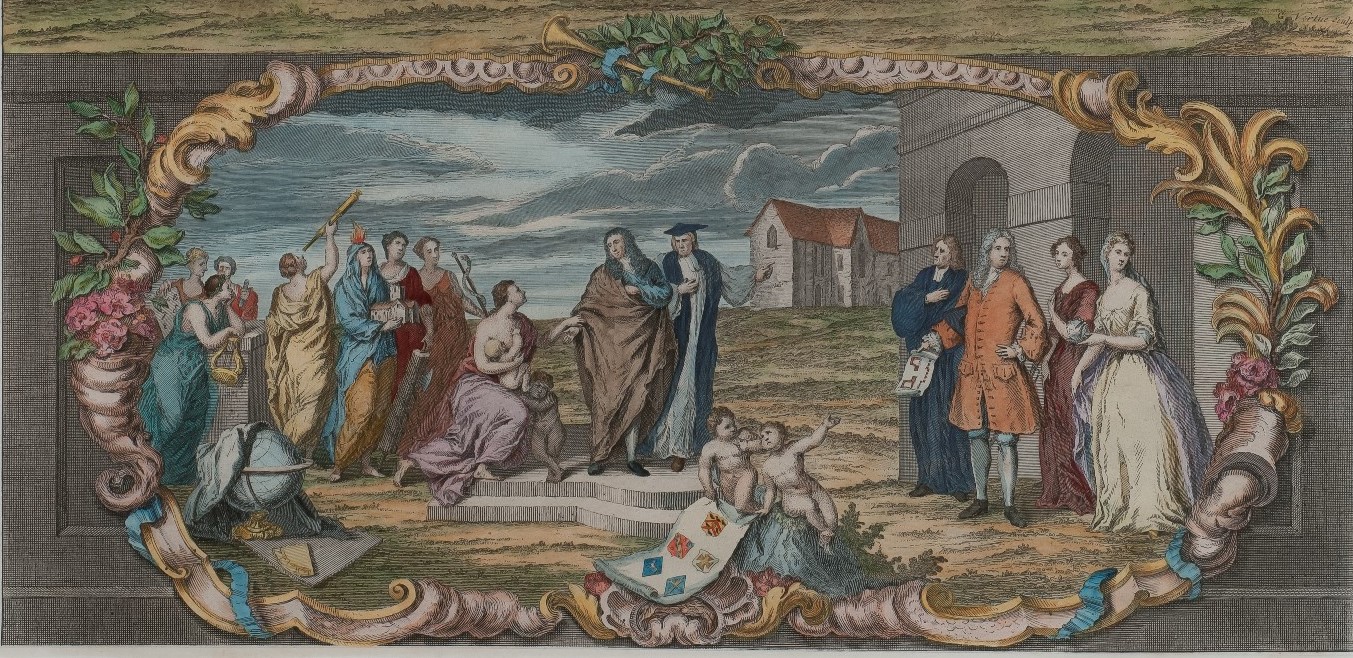
Detail from the Oxford Almanack of 1741, showing benefactors to Worcester College
Margaret Alchorne’s money was not enough to complete this grand block, but it provided the necessary impetus for the commencement of the work and was vital in ensuring that the Library was in a fit state to receive George Clarke’s large benefaction of books and papers in 1736. Her importance to the College is shown with her inclusion in this engraving for the Oxford Almanack of 1741, which shows her among Worcester’s other major eighteenth-century benefactors: Sir Thomas Cookes (standing centre with the Bishop of Worcester; Charity kneels at his feet), George Clarke (holding a plan of the Library), and Sarah Eaton (on the right with Margaret Alchorne). The benefactions of George Clarke and Sarah Eaton are also recorded in the Benefactors’ Book, whose purpose is set out on its first page:
In Gratefull remembrance of such as do good to Worcester College theire names & theire benefactions are here Registered.
Front cover and first page of the Benefactors’ Book
The book itself is not grand but modestly bound in reverse calf, and the entries are in the everyday hands of those of the first two provosts rather than a more formal calligraphy. It also appears to be incomplete: the entries by Provost Blechinden, who died in 1736, stop in 1720, and those by Provost Gower (1736 to 1777) only cover the period 1736 to 1753 and appear to all have been added at the same time towards the end of his life (when his handwriting was rather shaky). Interestingly, the 1900 history of the College by C H O Daniel and W R Barker claims that Gower’s entries were copied verbatim from John Gutch’s edition of Anthony Wood’s The history and antiquities of the colleges and halls in the University of Oxford published in 1786, but it must be the other way around. John Gutch cites as his source for the information “MSS hujus Coll.” and William Gower died in 1777, predating the publication by nine years. As mentioned in my blog post for April 2017, Provost Sheffield, who succeeded Gower in 1777, did not maintain any of the College records during his provostship and this is also true for the Benefactors’ Book.

Silver and silver-gilt basin given by Sir Henry Hoo Keate in 1720

Entry in the Benefactors’ Book
Despite its minor imperfections the Benefactors’ Book provides a pleasing link with the very first moments of Worcester College, as it struggled to establish itself in a University that had already existed for over 500 years, and amongst far richer colleges. There is also delight in finding references to items that are still used in the College today. The Alchorne bequest allowed the construction of the Library, Hall and Chapel, all in constant use throughout the year but particularly busy during Trinity Term. The books given by “Our First & most kind Benefactor” the Reverend Samuel Cooke in 1714 are still preserved and used in that same Library building, and many of the items of silver listed in the volume are still used or displayed at formal dinners. A particular thrill for me is to see the entry for the silver and silver-gilt bowl given by Sir Henry Hoo Keate in 1720, which was used at the baptism of my elder daughter in the College Chapel nearly 300 years later. Through this Benefactors’ Book we are able to perpetuate the memory of our earliest benefactors and honour them for their gifts to the College.
Emma Goodrum, Archivist
Bibliography
- Henry Daniel and W. R. Barker, Worcester College (London, 1900)
- John Gutch (ed.) Anthony à Wood, The history and antiquities of the colleges and halls in the University of Oxford (Oxford, 1786)
- Helen Mary Petter, The Oxford Almanacks (Oxford, 1974)
I have been researching the life of Margaret Alchorne through other sources and will publish a short piece with further information about her later in the year.









